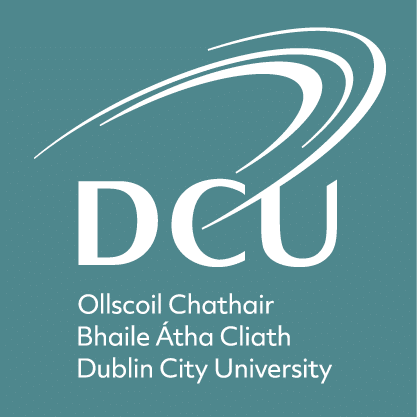General Entry Requirements
For admission to the MSc in Diagnostics and Precision Medicine candidates must have a primary degree that equates to an NFQ Level 8 Second-Class Honours, Grade 1 Award (H2.1) in a Life Science, Pharmaceutical, Medical or Chemical discipline.
In addition, candidates who hold a primary degree (NFQ Level 8), with a Second-Class Honours, Grade 2 Award (H2.2) in one of the relevant degrees and with industrial experience will be considered.
International candidates who are non-native speakers of English must satisfy the University of their competancy in the English language. More information about DCU's English language requirements can be found here.
Fees
Full time
EU Status Fee
€6,812 per annum
Non EU Fee
€13,000 per annum
Part time
EU Status Fee Part-time
5 Credit Module €370/Dissertation (30 credits) €2,220/Part time capitation fee €170
Non EU Fee Part time
5 Credit Module €713 /Dissertation (30 credits) €4,278/Part time capitation fee €170
Graduates will find employment in industry, clinical, healthcare and academic environments. This includes the diagnostics and biopharmaceutical industries, life science and clinical trials companies, as well as academic research centres.
In addition, our graduates have also gone on to pursue further research (e.g. a PhD) as well as gaining entry to Graduate Medicine programmes.
